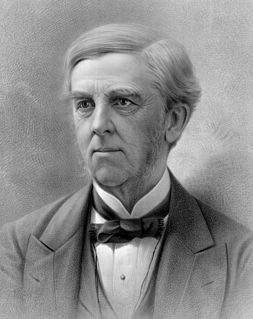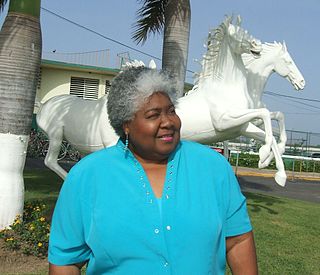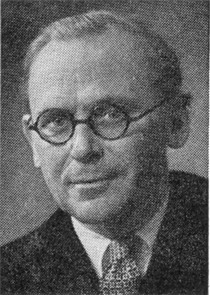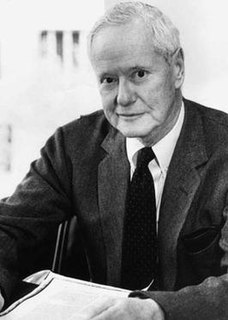A Quote by Oliver Wendell Holmes, Sr.
A child's education should begin at least one hundred years before he is born.
Related Quotes
In Burma, we need to improve education in the country - not only primary education, but secondary and tertiary education. Our education system is very very bad. But, of course, if you look at primary education, we have to think in terms of early childhood development that's going back to before the child is born - making sure the mother is well nourished and the child is properly nurtured.
I don't know that it makes any difference whether it's at this time or a hundred years before or a hundred years later. I think always it's a matter of simply listen[ing] to what is going on around you and in your own experience. Try to understand what's happening, or if not to understand it, at least to appreciate the reality of it.
Annihilation has no terrors for me, because I have already tried it before I was born -a hundred million years -and I have suffered more in an hour, in this life, than I remember to have suffered in the whole hundred million years put together. There was a peace, a serenity, an absence of all sense of responsibility, an absence of worry, an absence of care, grief, perplexity; and the presence of a deep content and unbroken satisfaction in that hundred million years of holiday which I look back upon with a tender longing and with a grateful desire to resume, when the opportunity comes.
Education spurs growth and unlocks potential. After all, a single year of primary education creates a 10 to 20 percent increase in a woman's wages later in life. Education lowers the risk of disease and decreases the likelihood that a child will fall into violence and crime. And a child born to a literate mother is 50 percent more likely to survive past age five. No country has achieved sustained growth without at least 40 percent literacy for its adults.
Wherever possible, home is by far the best nest until at least eight, ten or twelve. Psychologists and psychiatrists who understand child development would prefer an even later age. In a reasonably warm home, parent-child responses, the true ABC's of sound education, are likely to be a hundred times more frequent than the average teacher-child responses in a classroom.
Music education can help spark a child's imagination or ignite a lifetime of passion. When you provide a child with new worlds to explore and challenges to tackle, the possibilities are endless. Music education should not be a privilege for a lucky few, it should be a part of every child's world of possiblity.
I do believe young people should be obligated to try different types of music - that is what education is. But once you're in a situation as an adult, it doesn't benefit anybody - at least in my experience - to force music on people that they don't like or do not have an interest in - whether it's three-hundred years old or newly written.
The same costume will be Indecent ten years before its time, Shameless five years before its time, Outre (daring) one year before its time, Smart (in its own time), Dowdy one year after its time, Ridiculous twenty years after its time, Amusing thirty years after its time, Quaint fifty years after its time, Charming seventy years after its time, Romantic one-hundred years after its time, Beautiful one-hundred-and-fifty years after its time.
Quintilian [educational writer in Rome around A.D. 100] thought that the earliest years of the child's life were crucial. Education should start earlier than age seven, within the family. It should not be so hard as to give the child an aversion to learning. Rather, these early lessons would take the form of play--that embryonic notion of kindergarten.
My father was born in the year 1900 in South Carolina, and he grew up at a time where being an African-American child in the American South was to be deprived of access to anything close to a reasonable education. He only had three years of formal education, but he was self-taught. He read two newspapers a day.
Prenatal education can only be an unconscious result of what the parents, particularly the mother, do. If, until the child is born, the mother acts in such a way that she expresses what is morally and intellectually correct, then what she accomplishes in her own continuing education will transfer to the child.




































